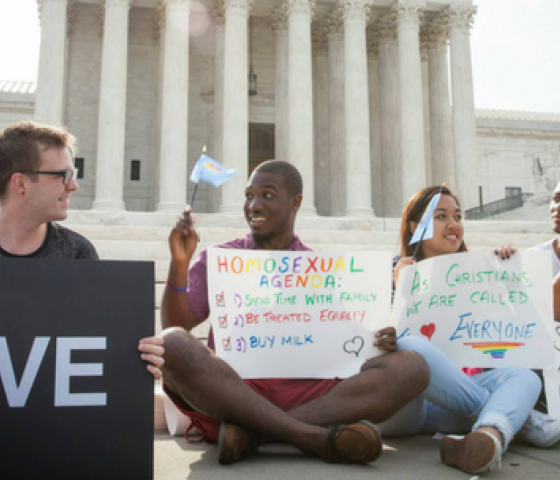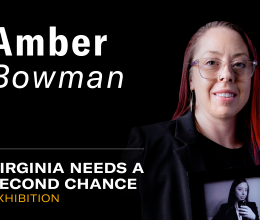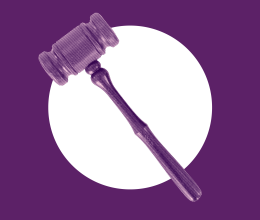State fails for second time to have prisoners’ rights law declared unconstitutional
Richmond , VA -- The Fourth Circuit Court of Appeals has again ruled that the Religious Land Use and Institutionalized Persons Act (RLUIPA) is constitutional. In a ruling issued on December 29, the Court held that the 2000 law guaranteeing prisoners the right to practice their religion does not violate the Spending Clause.
This is not the first time the Fourth Circuit has addressed the constitutionality of RLUIPA. In December 2003, the Fourth Circuit reversed a lower court ruling that the law violated the separation of church and state by affording extra protections to prisoners’ religious rights but not their other fundamental rights.
RLUIPA prohibits state prisons and other institutions that receive federal funds from interfering with the right of inmates to practice their religion, unless the institution can cite a security or similarly important reason for the prohibition. The Virginia Department of Corrections challenged RLUIPA both on grounds that it violated separation of church and state and the Spending Clause. The ACLU of Virginia filed amicus briefs arguing that RLUIPA does not advance religion but merely relieves the burdens imprisonment places on inmates’ religious practices, and that the federal government is well within its authority to require implementation of the law within institutions that use its funds.
The case, Madison v. Riter, was brought by Ira Madison, an inmate at Buckingham Correctional Center who is a member of the 100 year-old Church of God and Saints of Christ. In August 2001, Madison filed a RLUIPA lawsuit in U.S. District Court in Roanoke to compel Buckingham prison officials to provide him with a meal consistent with his religious beliefs. The meal, called the Common Fare Diet, is typically made available to Islamic and Jewish inmates.
“This is an important victory for those who are incarcerated in Virginia’s prisons,” said ACLU of Virginia executive director Kent Willis. “For now, at least, they can be assured that their religious rights will not be taken away without a very good reason.”
The ACLU of Virginia is representing Virginia prisoners in a separate lawsuit challenging the Virginia Department of Corrections’ policy requiring all inmates to cut their hair short and shave their facial hair. That case, in which the ACLU represents Muslim and Rastafarian prisoners whose religion requires beards or long hair, is also in the Fourth Circuit.
ACLU of Virginia Contacts: Kent Willis, Executive Director or Rebecca Glenberg, Legal Director 804-644-8022









